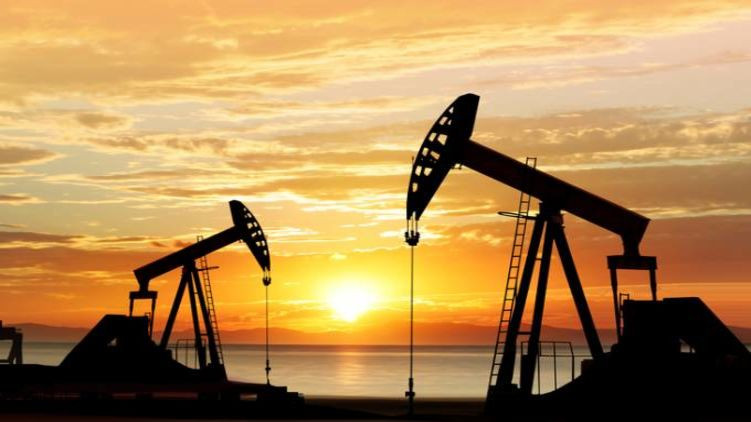
Crude oil prices continue to grow on Tuesday morning. This positive in the oil market was due to the news of successful testing of another vaccine against coronavirus infection, as well as the expectation of OPEC's decision that the timing of increasing oil production, according to the signed agreement, is postponed indefinitely due to the deterioration of the epidemiological situation in the world.
On Monday, another company from the US has completed the next stage of clinical trials of a vaccine against coronavirus infection. The effectiveness of the drug is higher than 94.5% in the third stage of testing. This raises even more hopes that the COVID-19 pandemic will be dealt with faster than previously thought.
The price of futures contracts for Brent crude oil for January delivery on the trading floor in London gained 0.84% or $0.37, which sent it to $44.19 per barrel. Monday's trading day was also positive: by the end of the session, contracts had risen quite substantially by 2.4% or $1.04. Thus, the closing price was $43.82 per barrel.
The price of futures contracts for WTI light crude oil for delivery in December on the electronic trading platform in New York rose 0.7% or $0.29, which sent it to $41.63 per barrel. Monday's trading session closed with an increase of 3% or $1.21, which left the price at $41.34 per barrel.
The oil market takes on good support from OPEC. A meeting of the Ministers of the organization's monitoring Committee is set on Tuesday to discuss the possible postponement of the increase in black gold production, scheduled for the beginning of next year. Recall that according to the agreement between the countries, in January 2021, the planned increase in oil production by 2 million barrels per day was to take place, but in the light of recent events concerning the pandemic and restrictive measures, it is likely that a decision to postpone this increase may take place since it could be fatal for the struggling oil market.
The meeting of OPEC's technical committee on Monday recommended ministers to maintain the current level of production for a period of approximately three to six months. It is assumed that the raw material market will be able to stabilize during this period.
Now there is an increase in the cost of oil, which, however, can not be considered sustainable. Prices are rising on news about the vaccine. Some analysts warn that the drug will be widely available no earlier than six months. In this regard, the hype around successful tests looks like a temporary factor for the recovery, which will soon cease to affect the markets. And then investors will again begin to closely monitor the epidemiological situation, which, it should be noted, is not improving at all. The number of new cases of coronavirus infection in the world is growing rapidly every day, along with strict quarantine measures that are more destabilizing.
If OPEC decides to leave production unchanged, this will at least compensate for the increase in the supply of raw materials from Libya, which has already negatively affected the mood of market participants. Recall that the Libyan authorities decided to increase production in the country, and it has already reached 1 million barrels per day.
The demand for oil raw materials is still the most acute problem today. It will be extremely difficult to stabilize it until the coronavirus pandemic ceases to exert such significant pressure. And in the conditions of the second wave and new restrictive measures, the situation may drag on for a long time.





















